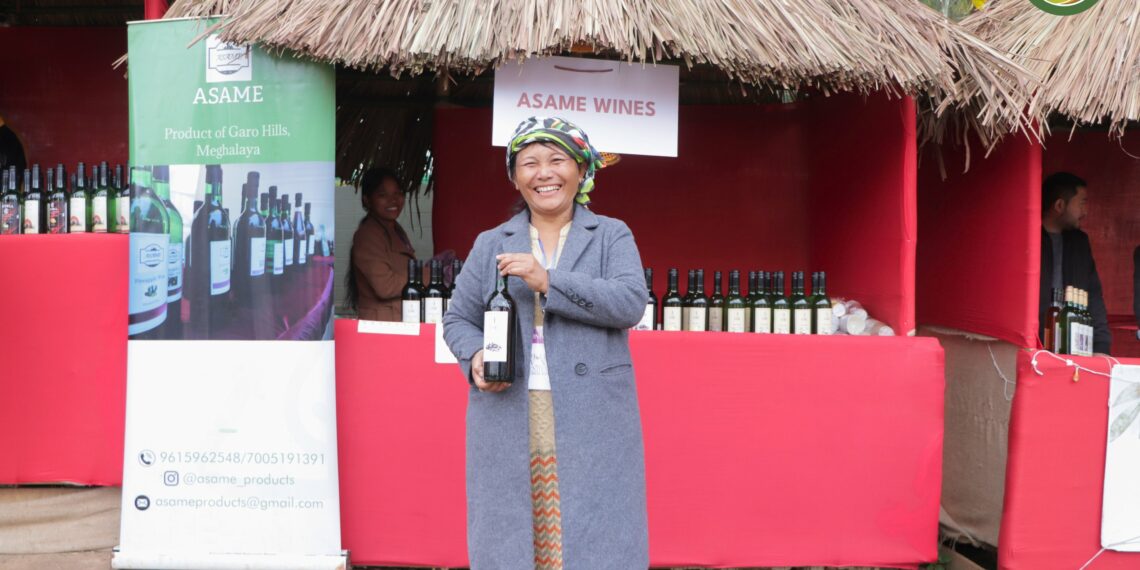Shillong: The Meghalaya government has extended Value Added Tax (VAT) exemption on fruit wine from three years to 10 years, Excise Commissioner Matsiewdor War said on Friday.
The move, which is expected to ease the tax burden on small producers and boost state’s growing wine economy, will also encourage growers to maintain global standrads aiming to reach wider markets.
War, speaking at the two-day Meghalaya Wine Economy Summit 2025 at the State Convention Centre, said the policy would allow visitors to experience Meghalaya’s wine culture and encourage entrepreneurs to set up wine boutiques.
“The government had also amended Rule 377 of the Excise Act to allow the setting up of ‘wine boutiques’ that can sell only registered homemade wines in specified premises or as part of stand-alone food establishments,” she said.
The Meghalaya Fruit Wine Makers Association highlighted the long but largely undocumented history of fruit-based wines in the Northeast, noting that traditional fermentation practices date back centuries and once relied on millet, rice and indigenous fruits such as sohiong.
“Wine-making in the region is as old as the hills,” said Bryan Dally Kharpran, president of the association, recalling that English settlers also produced fruit wines.
He cited the example of Captain Hunt, who in 1947 obtained a licence to manufacture cherry wine and cherry brandy in Mawphlang.
The products became popular among Assam tea planters and were even available in Kolkata before the winery collapsed in the 1980s.
Kharpran said the tradition survived in pockets of society, receiving a major boost in 2004 when Michael Syiem, an activist, organised a wine festival in Shillong and advocated for the legitimisation of fruit wines to promote livelihoods.
The North East Food Show in 2019 further showcased the sector’s potential, drawing strong interest from consumers and entrepreneurs.
A key breakthrough came in 2020, when the state government amended the Assam Excise Rules to legalise fruit wines as a commercial venture, paving the way for structured production and market expansion.
Kharpran said the recent policy developments reflect growing recognition of fruit wine as both a cultural legacy and an emerging economic opportunity.
He added that the association remains committed to strengthening the sector and supporting local communities involved in wine-making.















